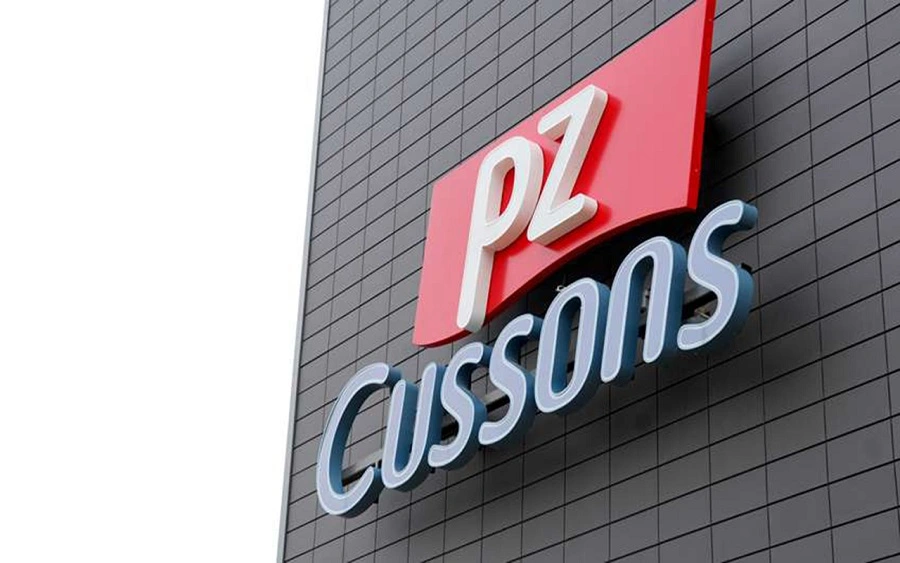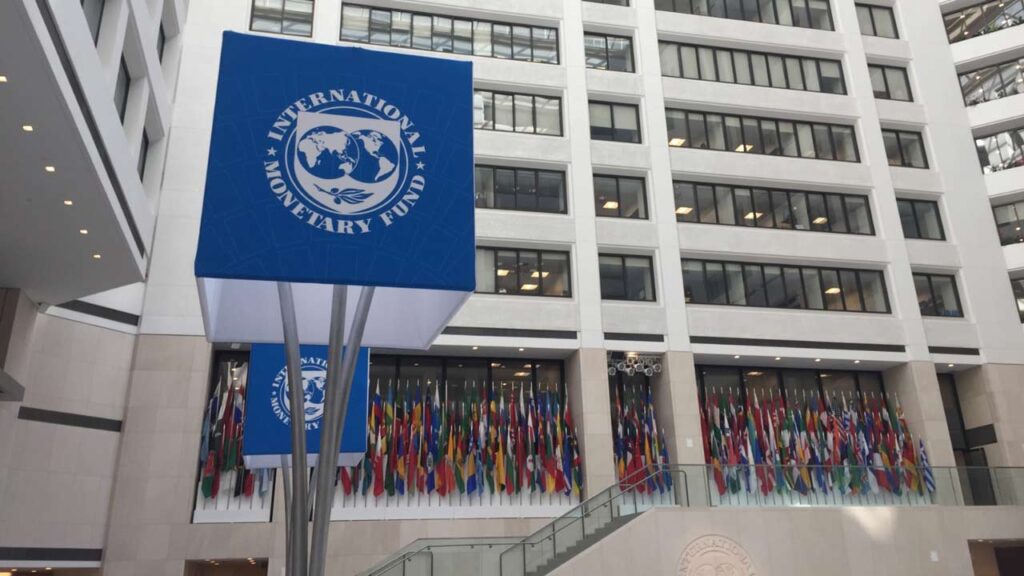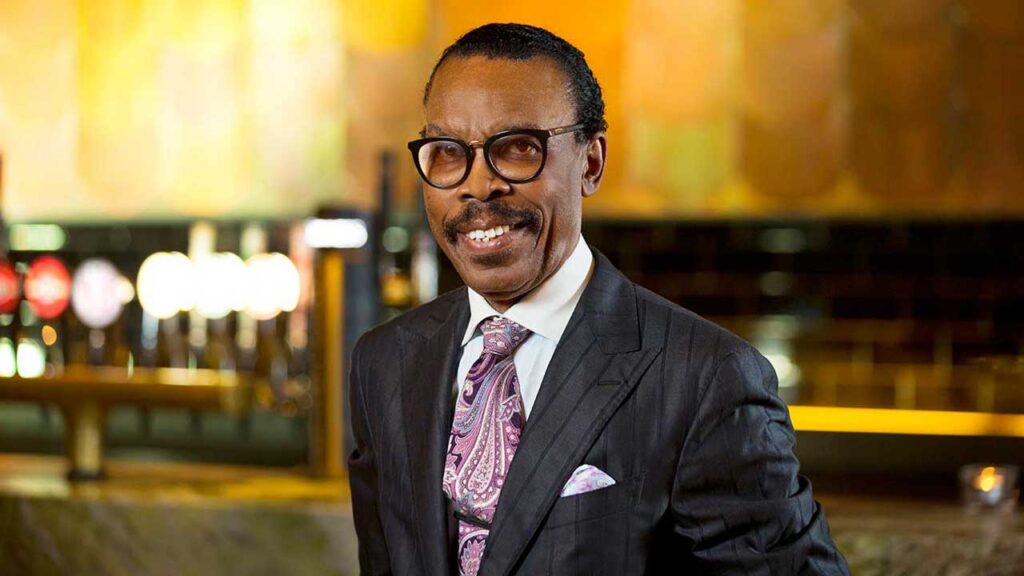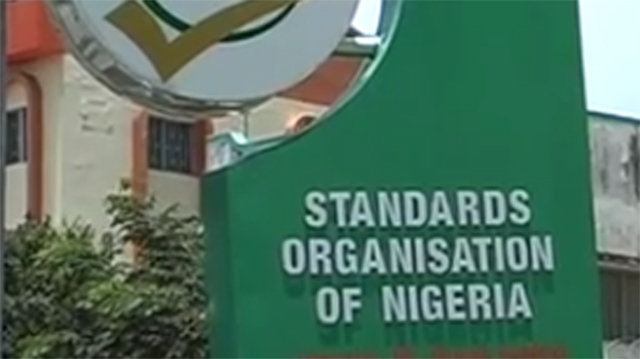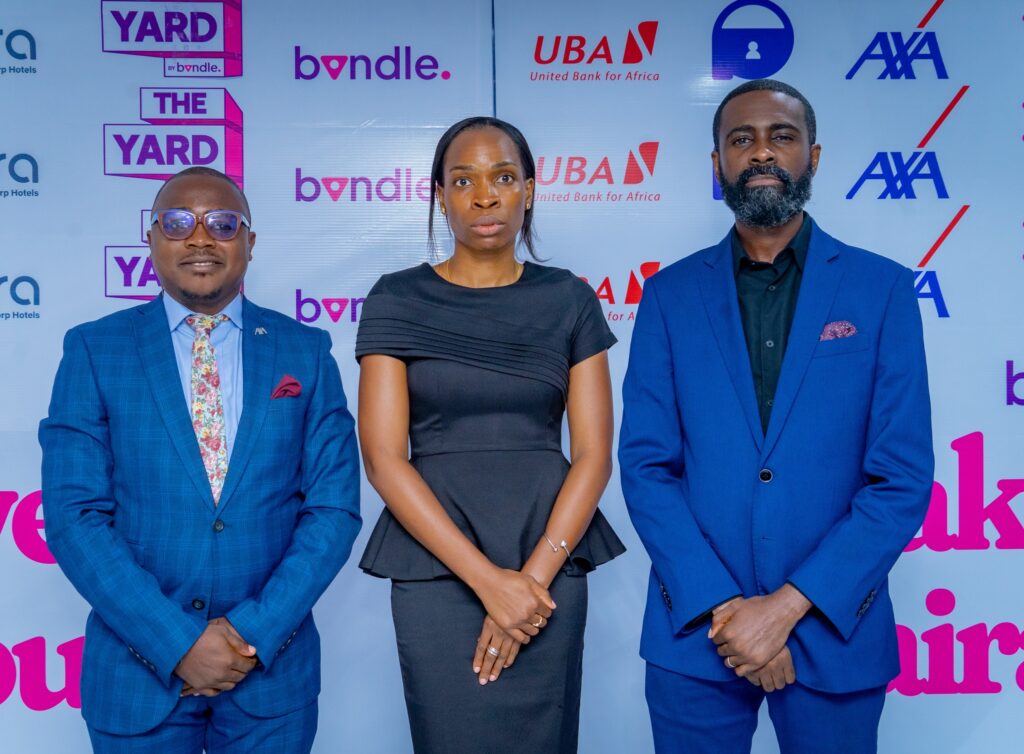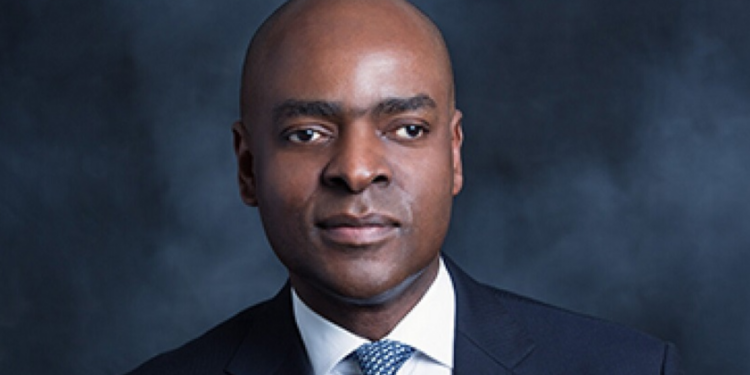
Foluso Phillips is the chairman/Chief Executive Officer of Phillips Consulting Limited. In this interview with FLORENCE UTOR, he spoke on the company’s success story, the Nigerian economy, and how CIMA qualification made him ith the consumate management consultant. Excerpts.
What has it been like, leading Phillips Consulting through the path it has traversed for more than two decades?
Obviously, it has been challenging as well as interesting. Phillips Consulting started in the early 90s when there were a lot of entrepreneurial initiatives in the country, with the launch of a new generation of commercial banks like GTBank, Zenith Bank, Citizens Bank, Chartered Bank and a plethora of mortgage banks opening shop very rapidly as the Financial services industry opened up post-deregulation of that sector.
Phillips Consulting was simply a response to the huge opportunities that the emerging environment created for young entrepreneurs like Atedo Peterside, Fola Adeola, Jim Ovia, the late Tayo Aderinokun and many other trailblazers, who changed the Nigerian banking paradigm. They were all being bold and audacious and it just made sense that the ecosystem around them would follow suit.
In the early days, our firm took ownership of the concept of installing quality management systems. The first to teach Total Quality Management (TQM), encouraging the philosophy of continuous improvement. We also focused on consulting on customer service orientation, all of which was a new way of life in the banking industry at the time.
Over the course of my career, I had worked with a major international consulting firm, and felt comfortable with the concept of consulting. It was an interesting and new area in Nigeria that wasn’t too difficult for me to replicate.
Furthermore, my cost and management accounting background had always pitched me as a ‘fix it man’ in the organisations I had worked.
I started with a lot of clarity as to the kind of firm I wanted Phillips Consulting to be. Right from the beginning, I was not interested in creating a one-man shop. I did not want to be a one-man briefcase-carrying consultant. I wanted to create a world-class and successful consulting firm. I wanted to create an institution. At that time, I really admired Mr. Akintola Williams who was able to step aside from his practice at Akintola Williams and Co., which still remains a successful organisation today, and a part of a strong global brand. I had a very clear philosophy of focusing on the quality of people we recruited, and really paid attention to their well-being, training and development.
What stands your firm out over the years ?
We started with a firm understanding that we would refuse to give our clients a reason to accept and forgive ‘poor’ work because we were ‘local’. As ridiculous as it sounded at that time, we wanted to compete with the major firms, the likes of KPMG, Coopers & Lybrand and Andersen Consulting among others. Because I had worked with Coopers & Lybrand as a management consultant in the UK for about seven years, I had come to understand what it meant to provide quality consulting services.
The vision of Phillips Consulting right from the very beginning was to be a world-class consulting firm, and I wanted to build a firm that would outlive me. So, I built a strong institutional framework within which we all had to work. We documented our consulting processes so we could always replicate and improve. This singular act insulated us from the impact of staff attrition in the latter years when new people had to be recruited and retrained because the larger firms were constantly poaching our staff.
You must appreciate that we didn’t have any global head office to fall back on. Our Lagos office was the beginning and the end of Phillips Consulting. There was no Chicago office, New York office or international support structure. Our strategic response was to create global partnerships with organisations and other consulting firms, which had great products and unique services. This gave us a competitive advantage because all the other international consulting firms would not partner with these organisations, which in principle were considered to be competitors.
A strong vision, a determined effort to outlive and grow from one generation to another, and a very strong focus on building an institution rather than an organization have differentiated us from the competition.
Also, our organizational style and how we developed our people helped us: We work very hard and appreciate everyone. Phillips Consulting is made up of exceptional, resilient, well-trained and highly motivated people. By leveraging on the power of empathy, we make people feel appreciated, and engender commitment to the firm, building strong internal relationships, and distinguishing us.
We built up a family spirit in Phillips Consulting and the consultants delivered.
What is your assessment of Nigeria’s economy ?
The Nigerian story is very African. We spent so much of our early economic life shipping our jobs, productivity, wealth and economy to the western world when we were exporting all our cocoa, cotton, groundnut, rubber, palm kernels and other raw materials to other societies where they engaged their economies to create value. We missed it when we shipped out cocoa for another country to build its chocolate industry and when we shipped out groundnut for other people to create an edible oil industry. We had sent out so much to other countries, developing their value adding ability, and it is affecting us today.
Not only did we lose the economic value, we also lost the productive expertise. The Nigerian economy is a poor example to the rest of Africa, all things considered. Our economic efficiency is extremely not competitive and we continue to depend on extracting both mineral and grown materials, offering little in terms of value added processing capabilities.
Our educational system has also suffered and we are already paying the price. I believe that when you have a thriving economy, there is a complementary demand for skills and competencies to support it and the educational system will respond. Our educational system floundered because there had been no consistent demand for the types of skills and capabilities we need to support booming industrial cities. Rather we have become traders.
The pressure for skills today is very high as we now try to catch up with the skills demand from our production system whilst our efficiency continues to fall. Jobs are available but we don’t have people with the corresponding skills to do these jobs.
What are the key drivers in the various markets you service and the commonalities?
Most Nigerian organisations seek consulting firms’ services to assist them in identifying clear strategic direction for their businesses; they also need advice on how to build relevant organisational structures to support their value propositions.
They need guidance on how to define and implement clear performance management systems and to design great systems and processes to deliver their products and or services efficiently.
They are desperate to recruit great people and need to be shown how to manage and reward them fairly. These requirements are always the same and are very dependent on where each organisation is, in its lifecycle.
The public sector is quite different and can be challenging with respect to efficiency of operations. Obviously, the mindset is different. Most private sector clients worry about how to earn revenue and generate returns on investments whilst the public agencies are more concerned about their ability to spend and meet their expenditure budgets.
The focus is different for both sectors again, however the common thread revolves around improving the performance of people, and designing workable systems to deliver service to ‘customers’, both as private sector providers and government serving its taxpayers.
What are your career highlights?
I have had so many high points in my career; starting with being a bit of a fast tracker. I qualified as an Industrial economist and completed my Chartered Management Accounting examinations thereafter within 18 months of my first degree and in just three sittings. My CIMA qualification became the catalyst of my career.


